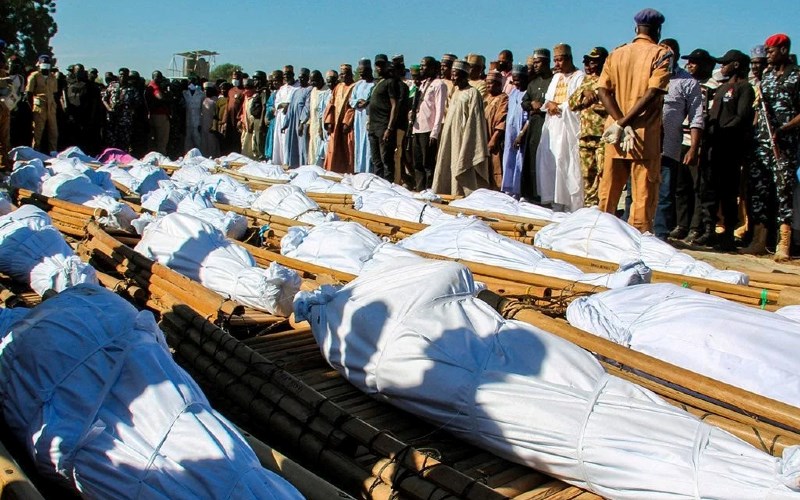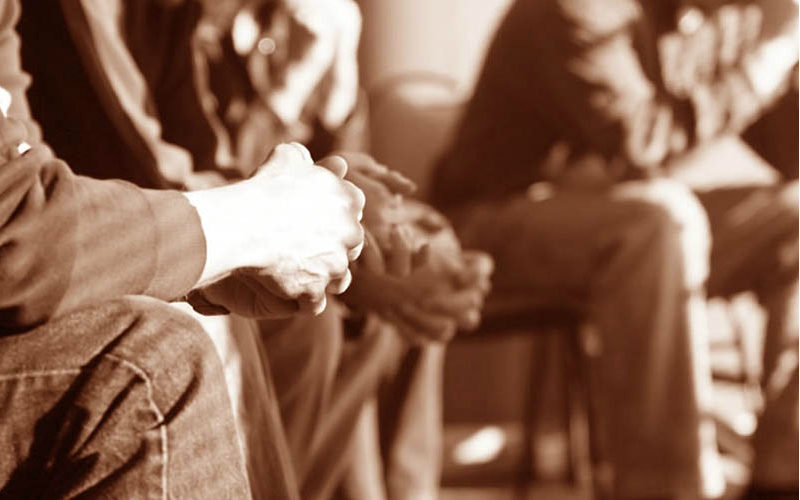For the first time in decades, International Christian Concern's (ICC) annual report no longer lists North Korea as the world's worst persecutor of Christians.
In the last 20 years, roughly 100,000 Nigerian Christians have been killed, and 3.5 million farmers have been pushed off their land.
"To scale these numbers up, imagine in the United States for the last 20 years 400,000 Christians murdered, 18 million people kicked out of their homes, and the government never does anything," ICC President Jeff King posed on "Washington Watch" Friday.
The problem, he told show host Joseph Backholm, is that in Nigeria, Islamists control the state security apparatus.
ICC is a nonprofit group that aims to help Christians in persecution hotspots through assistance, advocacy, and awareness in hopes of impacting U.S. foreign policy. So by moving Nigeria to number one on their "Persecutors of the Year" list, they hope to catch the attention of U.S. lawmakers.
"Washington is slowly waking up to this and saying, 'This is actually a religious conflict,'" King noted. "They didn't actually even see that before. That's part of the reason we're doing that."
Meanwhile, Nigeria's rise to the top spot does not mean things have improved for believers in North Korea, which has always been number one or two on the list.

In many countries, King explained that the leading factor for a climate of persecution is the fact that Marxism is still around. Karl Marx, the 19th Century German philosopher, never hid his feelings for religion of any sort, calling it the "soul of soulless conditions" or the "opium of the people."
Additionally, King said much of today's persecution of Christians stems from the '80s Saudi movement to radicalize the world's Muslims.
"That's why you see an explosion of Islamic violence on all different levels," King said.
A third key factor, he added, is far less strategic: "It's humanity. We fear that which is different."
King also pointed out that the persecution of Christians, although fierce, can be subtle on the surface. On that note, he said the big takeaway from this year's report is the similarities the United States is beginning to share with several countries on the list.
In China, for example, the government will tout the people's religious freedom, "but what they do is say it just doesn't belong in the public square. You have religious freedom as long as you keep it to yourself. Don't spread, and you don't have a problem."
"That's what we're seeing creep into the West, even into the United States," ICC notices. "[Christianity] is being pushed out of the public square. It's complete intolerance toward Christianity and Christians.”
India and Iran trail North Korea on the list. China is number five, followed by Pakistan, Eritrea, Algeria, Indonesia, and Azerbaijan.







